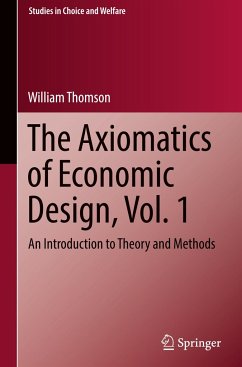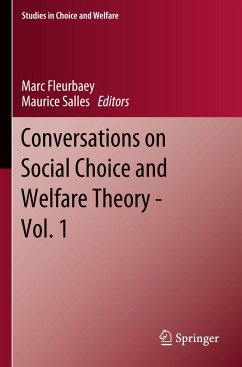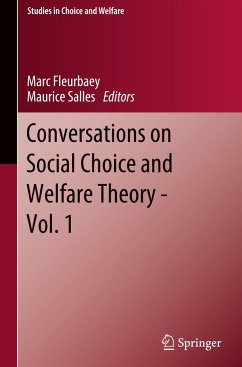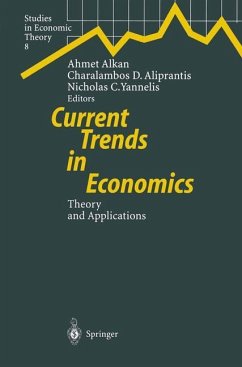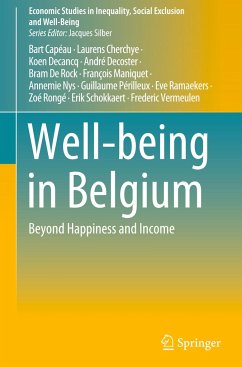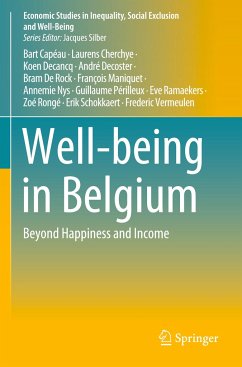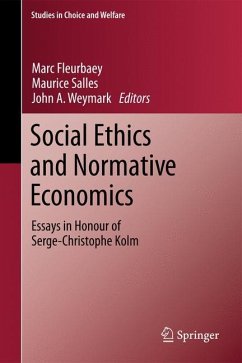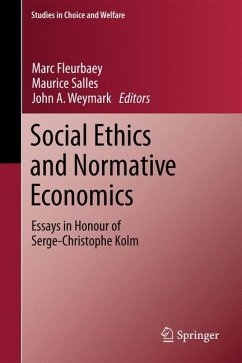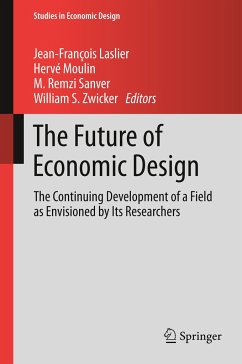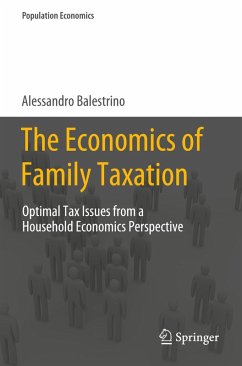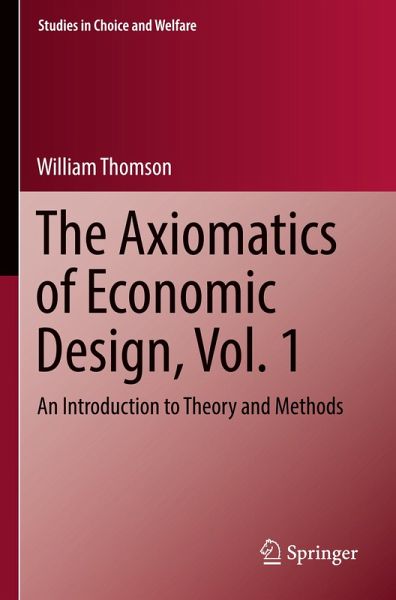
The Axiomatics of Economic Design, Vol. 1
An Introduction to Theory and Methods
Versandkostenfrei!
Versandfertig in 6-10 Tagen
46,99 €
inkl. MwSt.
Weitere Ausgaben:

PAYBACK Punkte
23 °P sammeln!
This textbook is Volume 1 of a two-volume set on the axiomatics of economic design. Its central argument is that economic institutions are not God-given: they are man-made. Their ultimate goal is to promote social welfare. The book describes the axiomatic approach to design. It consists in the formulation of criteria of desirability of solution mappings, and of the examination of their logical implications when imposed in various combinations. Its goal is to identify as precisely as possible the line that separates those combinations of desiderata that are compatible and those that are not. Th...
This textbook is Volume 1 of a two-volume set on the axiomatics of economic design. Its central argument is that economic institutions are not God-given: they are man-made. Their ultimate goal is to promote social welfare. The book describes the axiomatic approach to design. It consists in the formulation of criteria of desirability of solution mappings, and of the examination of their logical implications when imposed in various combinations. Its goal is to identify as precisely as possible the line that separates those combinations of desiderata that are compatible and those that are not. The end product of axiomatic work are menus of choices for practitioners to choose from when they have to make a decision.
The first volume offers pedagogical coverage of the axiomatic approach to economic design, in the form of answers to questions posed by a young person curious about it. It introduces readers to what motivates economic design. It continues with the mathematical representation of a class of allocation problems.
The bulk of the volume is to present structured inventories of the field of axioms, arranged by format first, and content next. These chapters are followed by a user's manual on the axiomatic method. Lastly, the volume discusses how economic design can be aided by other disciplines, in particular philosophy, mathematics, and computer science.
The first volume offers pedagogical coverage of the axiomatic approach to economic design, in the form of answers to questions posed by a young person curious about it. It introduces readers to what motivates economic design. It continues with the mathematical representation of a class of allocation problems.
The bulk of the volume is to present structured inventories of the field of axioms, arranged by format first, and content next. These chapters are followed by a user's manual on the axiomatic method. Lastly, the volume discusses how economic design can be aided by other disciplines, in particular philosophy, mathematics, and computer science.



